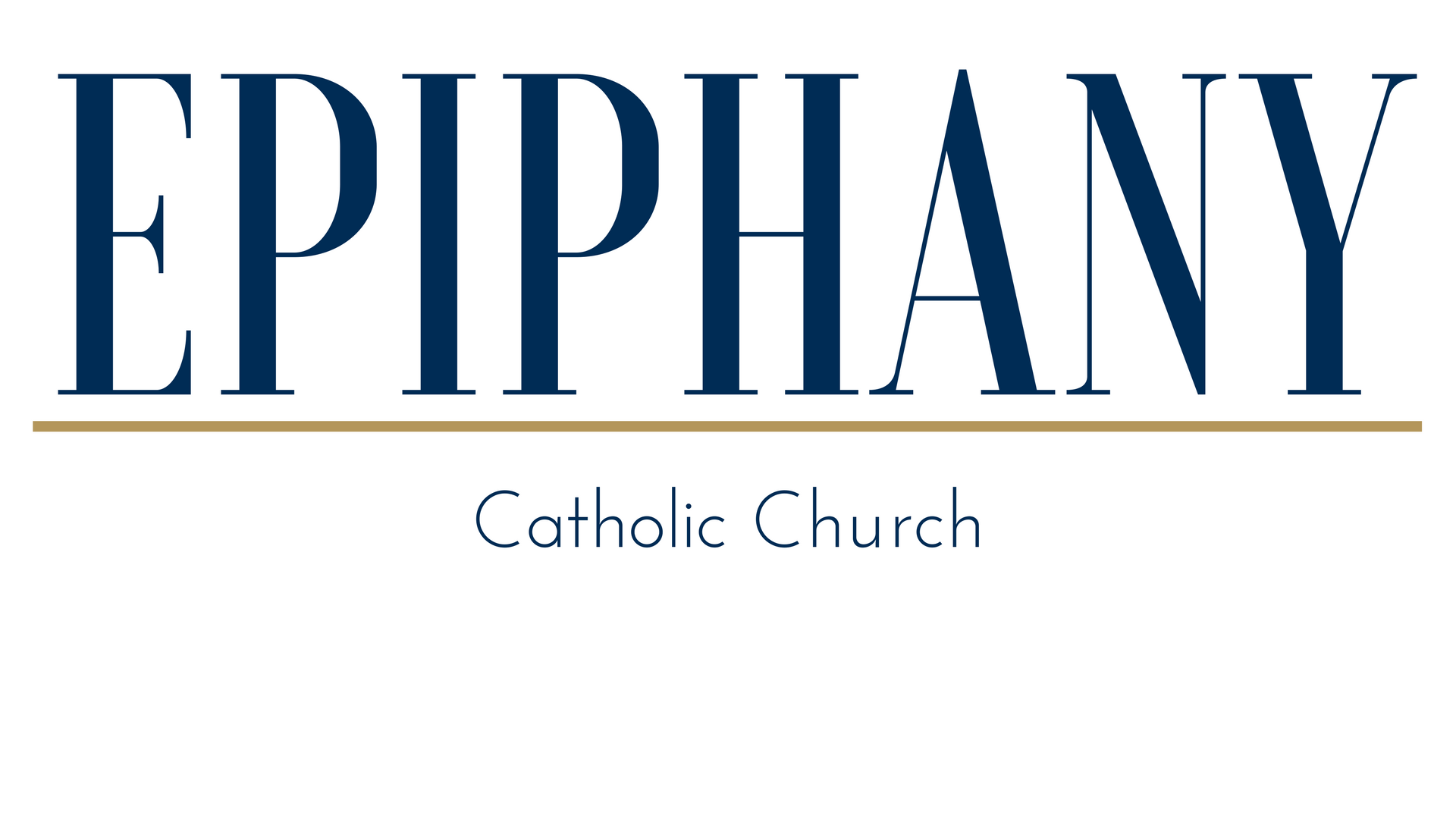The Heart of the Matter
Given our increasingly polarized political climate, perhaps it’s not surprising that the abortion debate has been growing more acrimonious. In the pro-life community we watched with troubled hearts as New York and Virginia debated new abortion laws. Now we see the same thing unfolding in Illinois, as the General Assembly considers legislation intended to expand access to abortion. It seems to us that elected officials who support abortion rights have been emboldened in recent years to support more sweeping legislation. What may be less obvious from inside the pro-life community is that the folks on the other side of the issue feel the same way: they are watching the news from Kentucky and Georgia and wondering what in the world is going on.
Legislative efforts like these underscore the depth of the divide between the two sides on this issue. For those who believe in the unique and unrepeatable nature of each human life, the idea of taking a gestating baby's life is unthinkable, and the prospect of doing so after viability is particularly heartbreaking. From the perspective of those on the opposing side of the issue, state laws should be a logical extension of the idea that gestating babies do not possess personhood until after they are born.
Somehow, though, we must find a way forward, living in the same country with such radically different views. One strategy to consider is seeking more ways to reduce the demand for abortion, rather than focusing narrowly — and contentiously — on the supply. Why are women seeking out abortions, particularly later abortions, and how can we address the root of the problem? Where can we find common ground with our political opponents, and work together on behalf of gestating babies and their mothers?
An issue that comes up repeatedly, especially with later abortions, is a diagnosis of fetal disability. This is a place where we can work actively to build a culture of life, a culture in which there is space for disability and acceptance of differences. Locally, we can offer welcome to those with disabilities; regionally and nationally, we can work for improved access to services -- medical care, educational funding, vocational training, and respite services for families and caregivers -- that can diminish the fear and uncertainty many families feel about the idea of choosing life for a baby diagnosed with a significant congenital anomaly.
In order to reduce later abortions we can also be advocates for science that will diminish the number of hard cases. One of the truly devastating scenarios in late pregnancy is a woman with rapidly progressing pre-eclampsia, whose life is imminently threatened by her continued pregnancy. Pre-eclampsia has been recognized for centuries, but still we have limited treatment options and only the most preliminary understanding of why it happens. Science has given us a window into the womb, showing us the miracle of a tiny baby's beating heart and waving limbs. Surely it can also give us a window into the womb gone awry, assisting us to find interventions that will allow women to sustain their pregnancies without risking their own lives.
It is both a hopeful and a sobering thought that the legislative process reflects the will of the people. In order to put better laws on the books, we must change the hearts of lawmakers and their constituents. When hearts change, the laws will follow. Let's pray for our state and for our nation, that we might see clearly the beauty of human life, and resolve to speak the truth clearly and with love.
Image from http://www.publicdomainfiles.com/show_file.php?id=13526946615346

